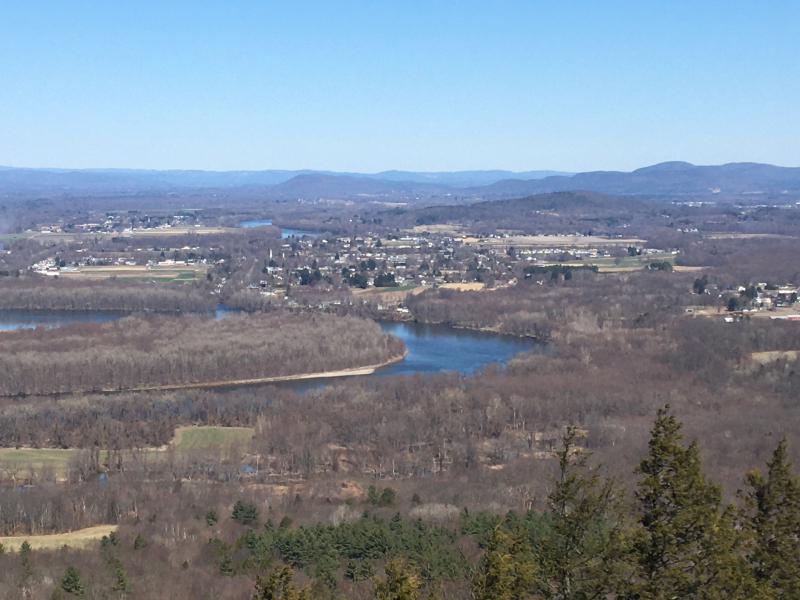With COVID-19, Fewer Cars, Quieter Soundscape For Birds And Humans

With more people staying home, there are fewer cars on the roads in western Mass. — making a quieter soundscape for birds and other animals. (Nancy Eve Cohen/NEPR)
With many schools and businesses closed to prevent the spread of coronavirus, fewer cars are on the road. Even normally busy highways are relatively empty. So in some places, it’s quieter outside.
That might have an impact on birds and other animals that are making their own kind of noise this time of year.
One thing the coronovirus can’t stop is the arrival of spring — early signs like the calls of frogs, or spring peepers. Another is the chorus of songbirds. But this year, even longtime listeners are hearing something different.
“We were stunned at how quiet it was,” said Don Kroodsma, a retired UMass Amherst ornithologist who was walking with his wife recently near the Connecticut River at the end of a work day.
“This is probably the typical UMass rush hour — where there’s just no UMass rush at this time. Everybody’s staying home,” he said.
If a professional listener like Kroodsma heard a difference, what might animals notice? And would a soundscape with fewer cars change how they behave?
Wildlife biologist Paige Warren of the UMass Amherst Department of Environmental Conservation has reviewed research on how human-generated sounds impact animal communications. She talked about the challenge different kinds of birds normally face when they sing near the rumble of cars.
Read the rest of this story at NEPM’s website.
